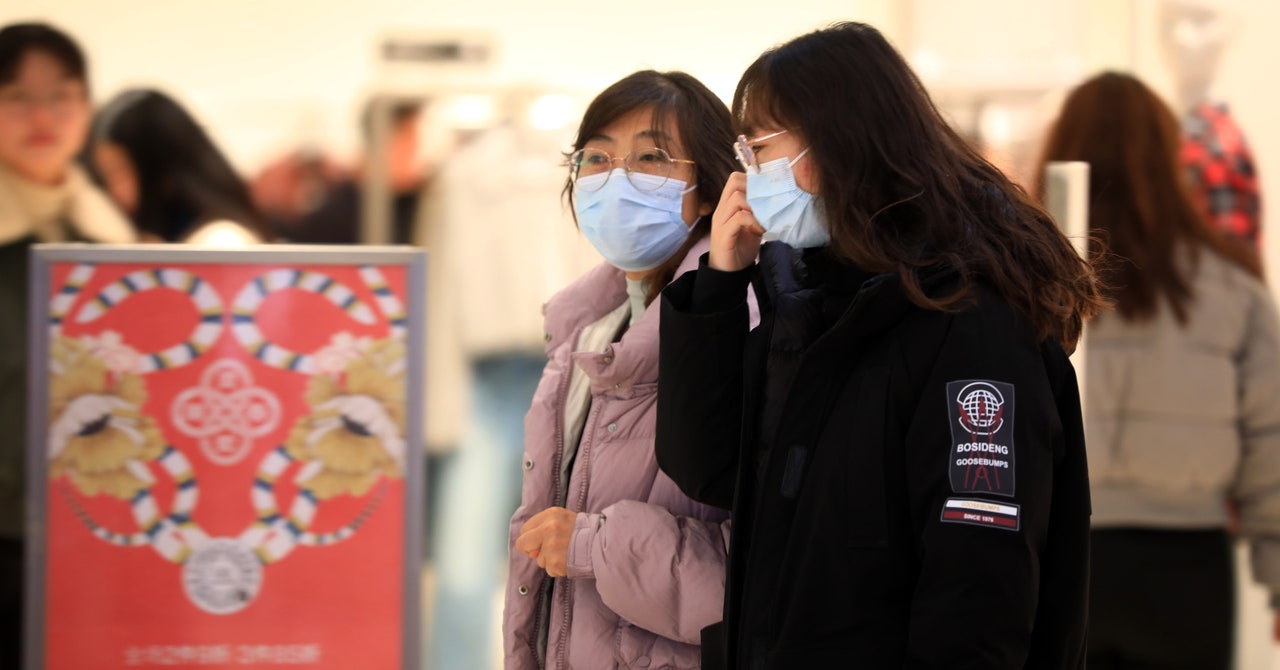Like many other respiratory viruses, Williams says HMPV is more likely to affect people with chronic lung diseases or existing conditions like asthma and cancer. But despite this, they have found that many doctors are unaware that it is a danger, largely because until relatively recently, no one was testing it outside of academic studies.
“There is no doubt that even within the medical community, many physicians do not realize how common hMPV is,” he says. “As clinical testing has become more available, people have said to me with surprise, 'Last week I had a patient in my ICU with metapneumovirus. It's real, and I never believed it before.' “Until people see it for themselves, I think they don't fully believe the burden.”
Vermund says that there have been many cases of HMPV infection in the past, but we either did not know about them or we mistook them for influenza. He explains that one of the consequences of Covid is the recognition of the need for greater monitoring of the spread of respiratory viruses, which means that HMPV case numbers are being detected for the first time by epidemiologists.
“The Chinese have become quite advanced in molecular diagnosis of respiratory viruses and they are doing much more public health surveillance than many other countries,” he says. “I think what we're seeing is that they're doing a particularly good job at this, and so finding that metapneumovirus is more common than we realized.”
Williams believes the current surge of interest in HMPV could have positive consequences for public health. Right now, he says hMPV can only be detected as part of a so-called multiplex panel, a diagnostic that checks for the presence of 25 different respiratory viruses, at a cost of about $200 per patient. While this is a worthwhile investment for emergency room doctors who decide whether to admit a sick infant or send them home, such costs are often prohibitive for general practitioners.
“There are inexpensive tests for flu, COVID and RSV that physicians can use anywhere,” he says. “But there's really no cheap test for hMPV, it's just this complex diagnostic panel that assesses multiple viruses and it's hard for the average clinic to get a hold of.”
There are hopes that a low-cost test for hMPV may be on the way. According to Vermund, the Ragon Institute in Massachusetts is working on ways to try to reduce the price of respiratory virus testing to less than $6 per patient, with the ultimate goal of reducing the cost to less than $1.
Equally, another consequence of the increased awareness about hMPV is that it provides strong incentives to fast-track a vaccine. As of now, there is no licensed vaccine available for the virus, but a series of candidates have entered early stage clinical trials In the last two years.
Last summer, scientists at Oxford University started a clinical trial Andrew Pollard, a professor of infection and immunity who is developing a combined RSV and hMPV vaccine in partnership with Moderna, and directs the Oxford Vaccine Group, says adding hMPV to existing vaccines would be the most practical means of launching additional vaccinations.
“If you can put them in the same vaccine, like RSV and HMPV, without the need for extra needles, you're actually covering more cases of respiratory admissions in the hospital,” Pollard says. “But before we can do that, we need to find out how often you need to be vaccinated against hMPV. If you can provide immunity by vaccination every few years, you can do the combination with RSV.
Overall, Vermund describes the sudden interest in HMPV as an important development. Although the virus will not trigger the next pandemic, it affects such large numbers of people that it is a major drain on public health systems, as well as a long-underrecognized cause of death in vulnerable people. Is.
“Even though metapneumovirus is not one of the more deadly viruses, it is incredibly common,” he says. “It's been causing a minor amount of winter over the last several years, which is an incredible economic burden, and sometimes it takes someone's life.”


